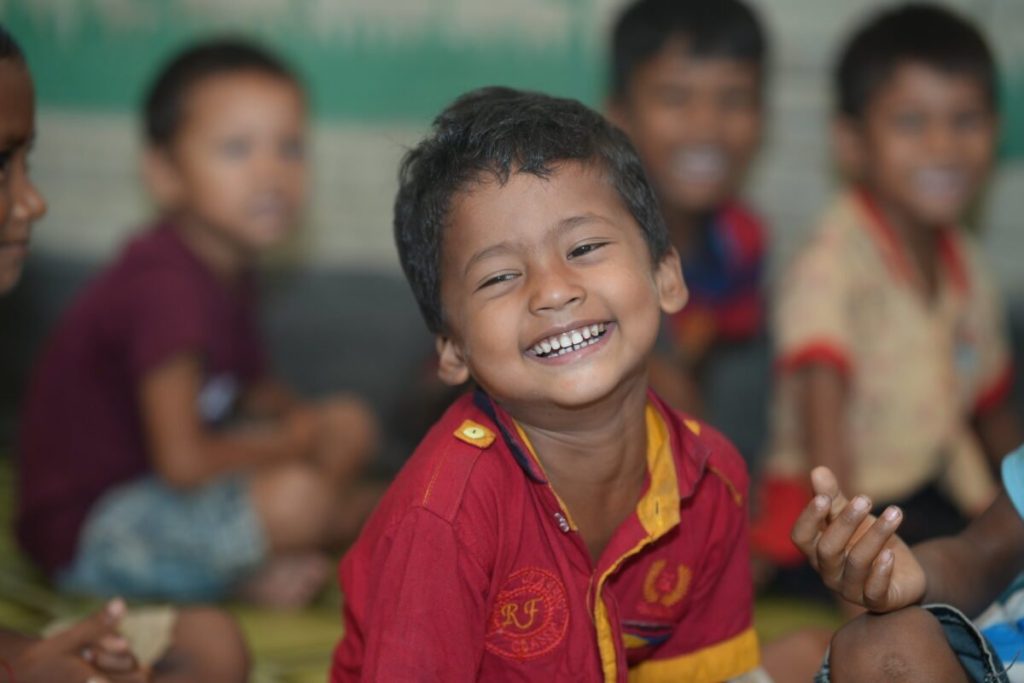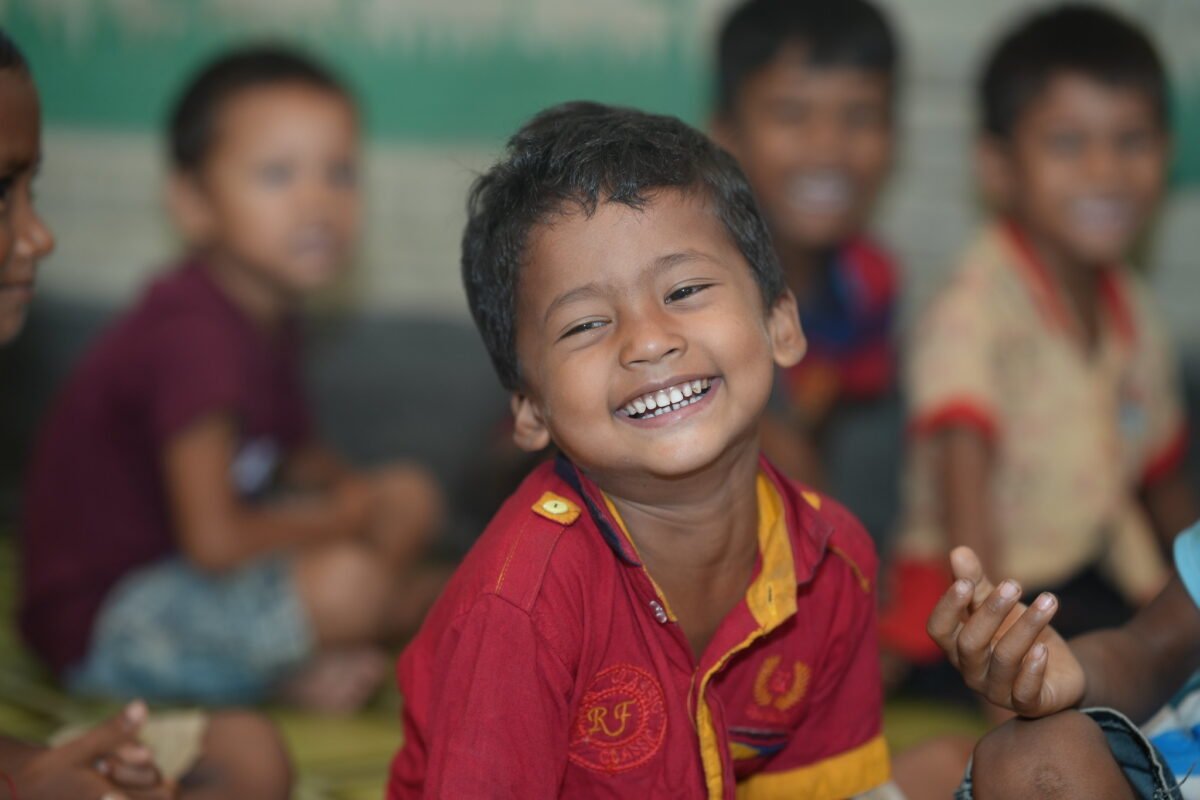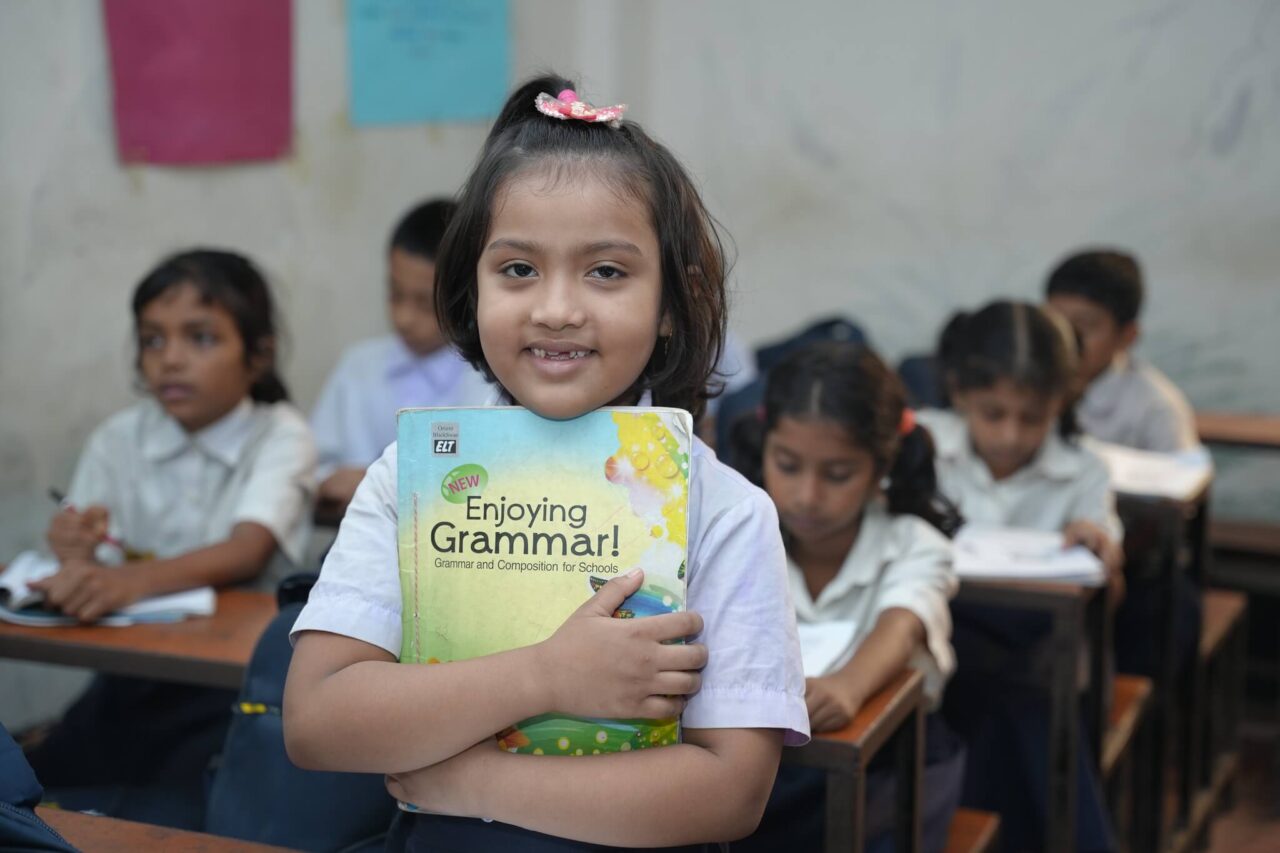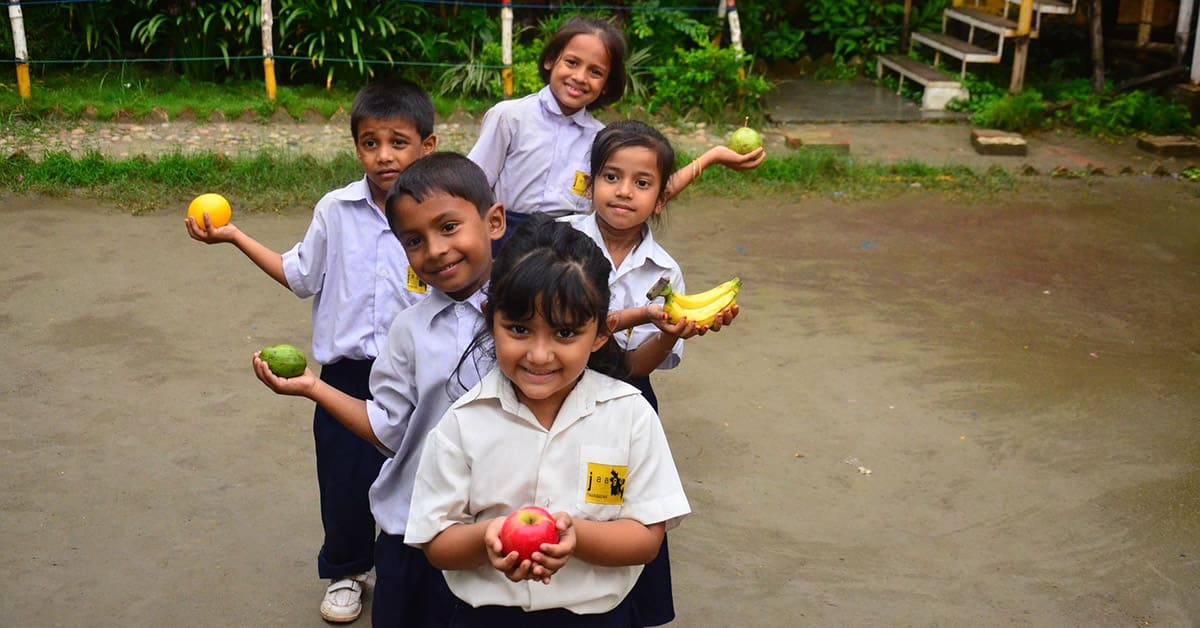Globally, challenges like poverty, child labour, geographical barriers, societal norms, early marriage, and gender-based violence constantly hinder children’s access to education. This not only hampers their growth but also undermines their potential and takes away their chance of a brighter future.
The Sponsor A Child program is one such initiative aimed at changing this reality. Through the Sponsor A Child program, compassionate individuals can provide financial support and assistance to underprivileged children, typically in developing countries, so that they can access education, healthcare, and other essential services. This program helps address the existent societal disparity by providing financial assistance to cover the expenses associated with a child’s growth and well-being.
There are several types of Sponsor a Child programs, each with its own approach and focus. The most common ones are-
Education Sponsorship: This type of program focuses on providing financial support for a child’s education. Sponsors contribute funds to cover expenses such as school fees, uniforms, books, and supplies, ensuring that the child can attend school regularly and access quality education.
Healthcare Sponsorship: In healthcare sponsorship programs, sponsors provide financial assistance to cover the costs of medical care, vaccinations, and other healthcare needs for a child. This type of sponsorship ensures that children receive essential medical treatment and preventive care to maintain their health and well-being.
Nutrition Sponsorship: Nutrition sponsorship programs aim to address food insecurity and malnutrition among children. Sponsors contribute funds to provide nutritious meals, supplements, or food packages to children in need, ensuring they have access to adequate nutrition for healthy growth and development.
Holistic Sponsorship: Holistic sponsorship programs encompass a comprehensive approach that addresses various aspects of a child’s well-being, including housing, education, healthcare, nutrition, and other essential needs. Sponsors support the overall development of the child by providing financial assistance for a range of services and resources.
Emergency Sponsorship: Emergency sponsorship programs are designed to provide immediate assistance to children and families affected by natural disasters, conflicts, or other crises. Sponsors contribute funds to support emergency relief efforts, including providing food, shelter, medical care, and other essential services to affected children and communities.
Community Development Sponsorship: Some sponsorship programs focus not only on individual children but also on community development initiatives aimed at improving the overall well-being of children and families. Sponsors support projects such as building schools, healthcare facilities, clean water systems, or vocational training programs that benefit the entire community.
In Bangladesh, many renowned non-profit organisations are operating the Sponsor A Child program, such as KJF Foundation, SOS Children’s Village, World Vision, Save The Children, Shapla Foundation, ActionAid Bangladesh and Mastul Foundation.
Each of these programs has its own specific goals, target populations, and areas of focus, but they all share the common objective of improving the lives of children in need through the generosity and support of sponsors.
By sponsoring a child, individuals or organisations not only provide financial support but also offer hope, encouragement, and a pathway to a brighter future for the child and their family. Moreover, the Sponsor a Child program fosters a sense of connection and partnership between sponsors and sponsored children, creating meaningful relationships that transcend geographical boundaries. Sponsors have the opportunity to follow the progress of the child they support, exchange letters and updates, and witness the tangible impact of their contribution to the child’s life.
In conclusion, sponsoring a child is not just an act of generosity; it’s an investment in the future – a future where every child has the opportunity to thrive, succeed, and make a positive impact on the world.





